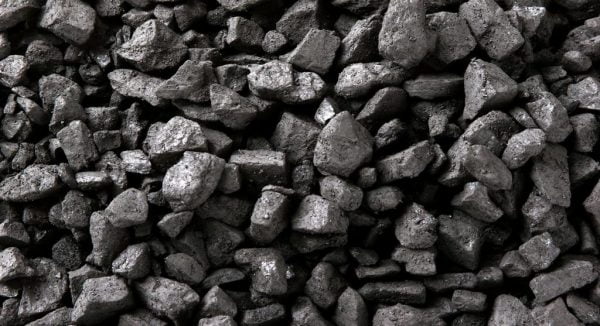Stockpiles of coal are surging at some of Europe’s largest ports as utilities from Germany to Spain are increasingly favouring cleaner gas in power generation.
Reserves at ports in Rotterdam, Amsterdam and Vlissingen last week rose to their highest levels since July.
The uptake after the summer has slowed because of mild weather so far this autumn. Crashing natural gas prices have also made it more attractive for utilities to burn the fuel, just as solar and wind continues to eat into the overall share of fossil fuels.
The latest statistics is yet another sign of how energy economics is supporting nations weaning themselves off the dirtiest fossil fuel to curb emissions to slow climate change. For most of this decade it was more profitable to burn coal in Germany, but that relationship was turned on its head early this year because of a glut of gas.
“With the flood of gas in the global markets, it has made it harder for coal generators to compete economically against gas,” said Joe Aldina, head of coal analytics at S&P Global Platts in New York.
Coal inventories at the three ports on September 16 stood at 6.5 million tons. At the same time, water levels at Kaub on the Rhine fell to their lowest since December. The river is a vital transport route for barges to coal-fired plants in Germany.
In the UK, coal-fired power generation fell below 1 percent of the total in the second quarter, the government said on Thursday. That’s the lowest share since the 19th century. Stocks are well-above average levels for the past five years, even if they have declined from multi year highs this spring, said Aldina.
The pace of thermal coal imports should continue to slow and keep stockpiles in check, he said.
In the gas market, a record number of liquefied natural cargoes to Europe this year, coupled with stable flows from both Russia and Norway helped fill up storage levels much earlier-than-usual this autumn. Benchmark prices have plunged almost 60 percent in the past year.
“European coal burn is at a very low level because of ultra-low gas prices,” said Hans Gunnar Navik, a senior analyst at StormGeo AS in Oslo.
Although coal for 2020 has been buoyed by recent macro events ranging from French nuclear supply risks to surging oil prices after the recent attack in Saudi Arabia, the benchmark contract has declined 22 percent this year.
“With these issues abating, the market is losing its once supportive drivers and reverting back to its supply and demand fundamentals,” Hui Heng Tan, a coal analyst at Marex Spectron Group, said by email. — Bloomberg.
.png)




